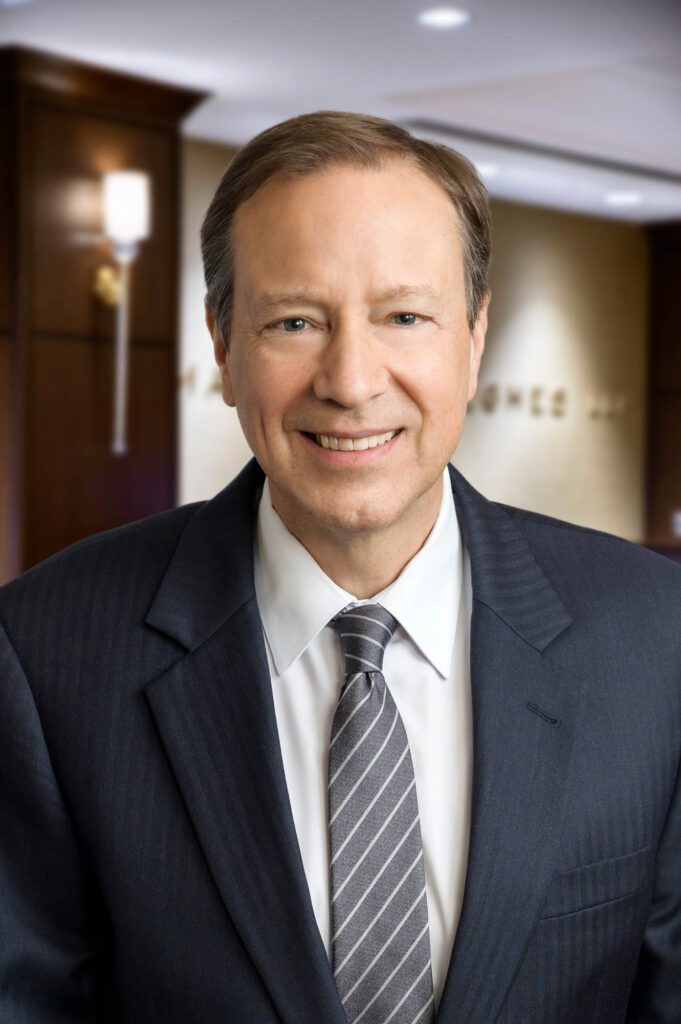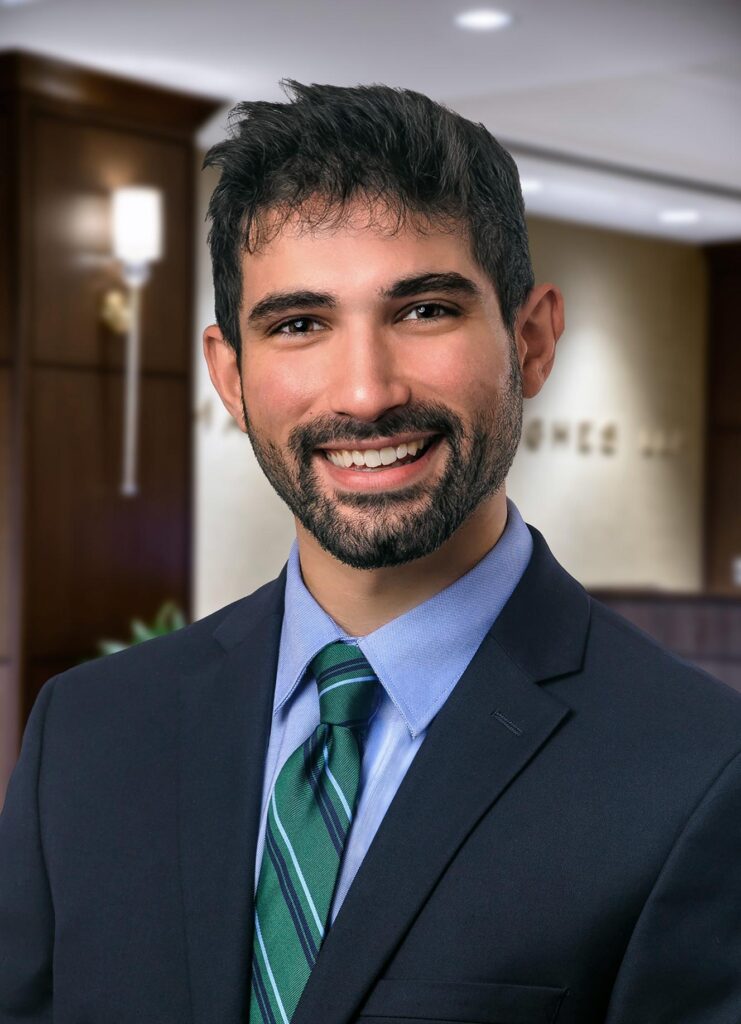The court-approved House settlement in June 2025 finally rendered the previous NCAA regulatory framework a piece of history ready for the Smithsonian. As discussed in our May 2025 blog, student-athletes are as empowered as ever as they may now earn money for their name, image, and likeness (NIL) directly from their schools and third parties. The final settlement allows schools to spend up to $20.5 million per year on NIL deals for athletes across all athletic programs. Additionally, the final settlement codifies the elimination of scholarship limits and instead imposes roster limits for schools that opt-in. With this breakthrough, though, comes legal uncertainties now and potentially in the future.
Key Legal Considerations for Student-Athletes
Speaking on compliance, NCAA President Charlie Baker says, “While there will be more to come on the Division I structure, it is clear it must be far simpler with far fewer layers, and student-athletes must have more votes on the committees that deal with issues that impact them.” As alluded to, this settlement changes the entire landscape of college athletics. For schools, leagues, businesses, and lawmakers, this shift is complex. The NCAA has introduced a few interesting legal caveats through the settlement. Notably, the settlement says that schools may effectively act as players’ agents when seeking third party deals. Student-athletes should always seek independent legal advice, though, as student-athletes may have different priorities from schools.
A student-athlete participating in NIL may have deals with schools, collectives, and third parties. Therefore, a few key legal considerations stand out as each of these relationships have unique features but share basic considerations for student-athletes. They are:
- Negotiating and reviewing contracts to avoid unfair deals with schools and third parties.
- Remaining up to date on developing relevant state and federal law.
- Staying compliant with NCAA bylaws to protect eligibility which, at the very least include:
- Properly reporting all third-party deals above $600 to the newly established enforcement agency.
- Conducting any payment disputes under the settlement through mandatory arbitration.
- Restricted use of protected content like game footage.
- Signing deals that serve a valid business purpose at a fair market value.
What Role Do Attorneys Play and How Are We Different From Agents?
Attorneys and agents serve different purposes for student-athletes, and in most cases work together. Agents usually work to connect athletes to brands, negotiate deals, and manage their day-to-day goals and functions; some are also attorneys, and some are not. An attorney will focus on protecting a student-athletes’ right to play while helping maximize and facilitate their financial opportunities. Only attorneys may provide legal advice relating to drafting contracts and interpreting relevant laws and regulations. Every student-athlete participating in NIL should have a competent attorney in their corner. A full-service law firm can address all legal processes and offer the most protection for student-athletes. Operations of a full-service firm include business representation, financial planning, trust & estate planning, and more.
Remaining Uncertainties
Collective Operations
A NIL collective is an organized group of local businesses and donors that fund student-athletes by paying them for the use of their name, image, and likeness. It is like a “booster club” turned into an actual business entity. Some collectives operate differently than others, and following the latest settlement, many are reshaping their structure and purpose. For instance, many collectives operate by connecting local businesses to a school’s athlete, where they pay for commercials, appearances, endorsements, etc., and the collective may earn a fee. Other collectives may license a student’s name, image, and likeness for a flat rate to the student, and then keep earnings from use of their name, image, and likeness inside the collective. Most collectives operate separately from the school, but in tandem. Collective structures vary by school, and different deals work for different student-athletes.
Student-Athlete Employment Status
For now, student-athletes are still legally considered students, as opposed to employees of their school. This means that student related policies are still in effect. New York State has made clear its intention to support student-athletes by passing laws that ensure schools provide benefits such as mental health support, financial literacy training, and others, while protecting athletes from certain NCAA initiatives. Title IX is still applicable, but how it will play a role in the NIL space is yet to be determined. If ongoing lawsuits succeed in classifying student-athletes as employees, they could gain employment law protections such as minimum wages, employee benefits, and perhaps most notably, the right to unionize. For example, professional leagues use their right to unionize to establish collective bargaining agreements that essentially bring athletes to the table to negotiate by-laws, compensation, benefits, dispute procedures and more. This will unfold over the next few years.
International Student-Athletes
There remains significant uncertainty for international student-athletes. The federal government limits the circumstances in which students can earn income while here on a student visa. There have been efforts to work around this limitation, but these can carry legal risk. It is especially important for international students to understand their rights and limitations when participating in college sports and NIL.
Conclusion
There are 22 Division I programs in New York State, with 12 being considered Upstate New York: SUNY Albany, SUNY Binghamton, SUNY Buffalo, Canisius University, Colgate University, Cornell University, Marist College, Niagara University, St. Bonaventure University, Siena College, Syracuse University, and the United States Military Academy (Army West Point). As a result of the 22 aforementioned programs, Upstate New York is greatly impacted by these new rules and regulations.
The NCAA has asked Congress to address some of these unknowns and resolve variations between states and schools. Until then, schools and businesses will bring significant legal prowess to NIL. Student athletes should aim to be equally well-equipped. Mackenzie Hughes is committed to staying up to date on the unfolding wild west of college athletics and protecting student-athletes that are participating in NIL. We encourage parents, families, friends and student-athletes to reach out with any and all questions.
Written by Richard C. Engel, Deven D. Desai, and Luke Overdyk.


